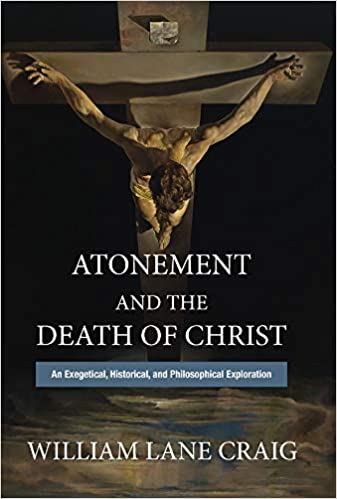Q. I think it’s beyond cavil that various of the patristic fathers believed in propitiation and you’ve shown this quite well. I do wish you had dealt with Chrysostom as he is the best of the expositors of Paul’s thought in my judgment, and the best of the exegetes as well. But the ransom to Satan is problematic. God doesn’t owe Satan anything! He never did and never does. It seems to me that this involves an over-pressing of the ransom and redemption images. For example, there were plenty of slave owners in Paul’s day who freed their slaves, plenty who paid the ransom price themselves for their slave to become a freedman, and furthermore, sometimes slaves were able to save up money and occasionally buy themselves out of bondage. So I’m not buying the notion that the ransom image necessarily involves Satan in the picture. The NT speaks of bondage to sin, but not really bondage to Satan. Indeed, Paul’s theology of the cosmic benefits of the death of Jesus, in that it overcame the principalities and powers suggests something different, at least since the death of Christ. And it would seem to besmirch the character of God to suggest he beat Satan by deceiving him. Furthermore, neither Jesus himself nor the speeches in Acts suggest that Satan was responsible for Jesus’ death. Rather, it was wicked human beings. Finally, if you properly analyze the garden of Gethsemane temptation… it’s a temptation to avoid the cross. If this temptation is also from Satan, and surely it is, then Satan is trying to get Jesus to avoid an atoning death on the cross. He knows what is coming and is not deceived about the significance of Jesus drinking the cup of God’s righteous wrath against sin via his death on the cross. Comments?
A. I did have a little on Chrysostom (p. 98), who offers one of the most striking illustrations of penal substitution to be found among the Church Fathers. I found that the portrayal of the Church Fathers as uniformly committed to a ransom theory of the atonement is a gross caricature painted by the secondary literature. You’re quite right in saying that those who did portray Christ’s death as a ransom payment to Satan were overextending the metaphor. I do think, however, that Satan did not understand the significance of the cross, for Paul says, “None of the rulers of this age understood this, for if they had, they would not have crucified the Lord of glory (II Cor 2.8—my favorite counterfactual conditional in Scripture!). Satan probably thought he had Christ beat; but Christ turned out to be, as Augustine declared, victor quia victima.

















